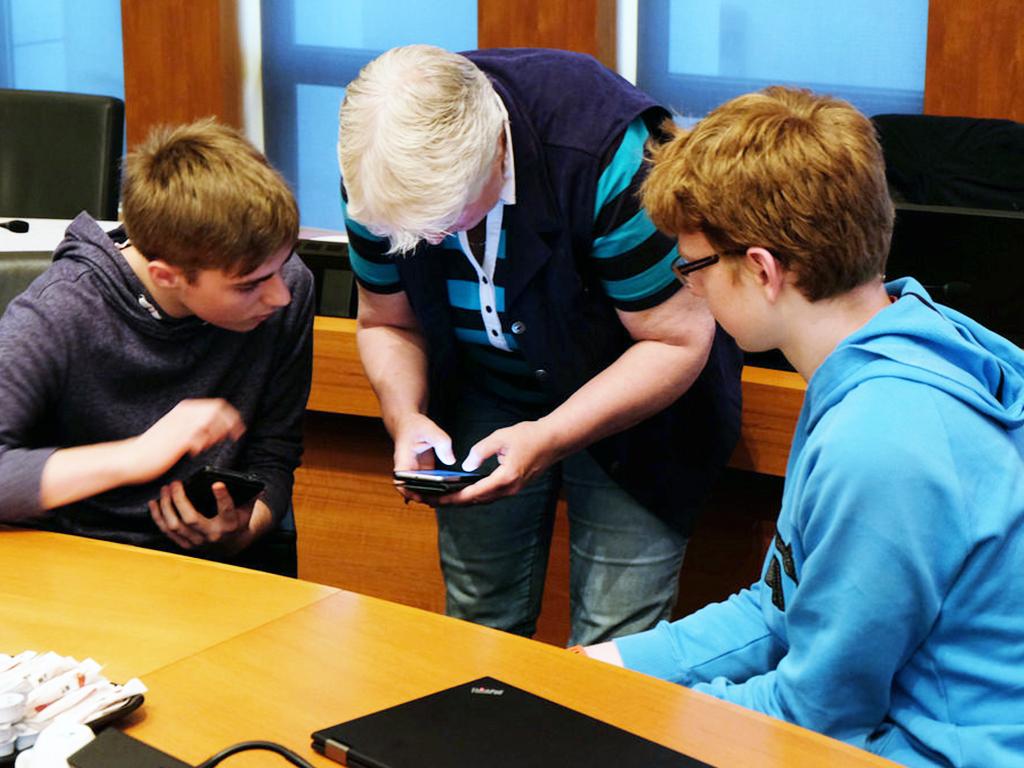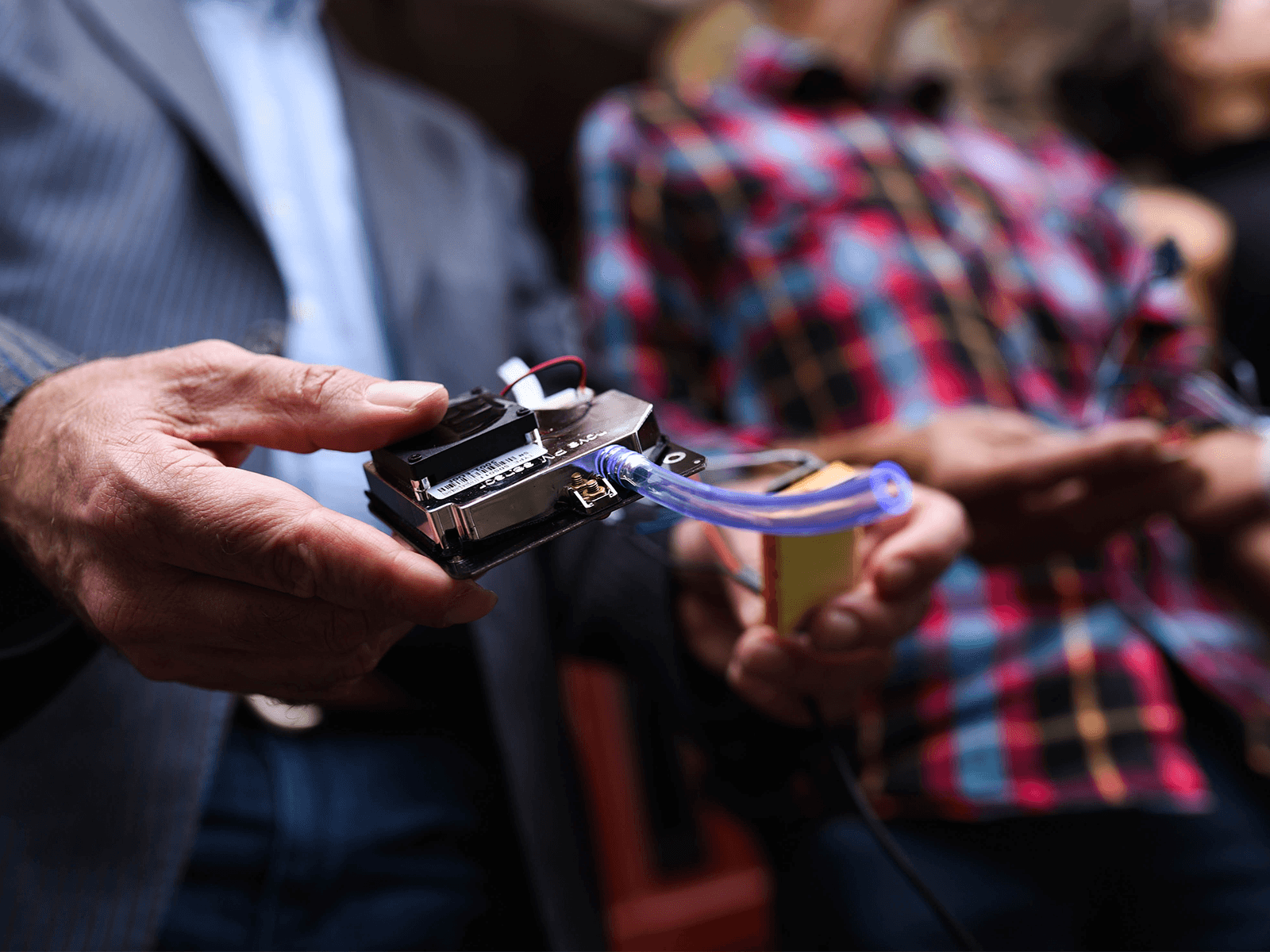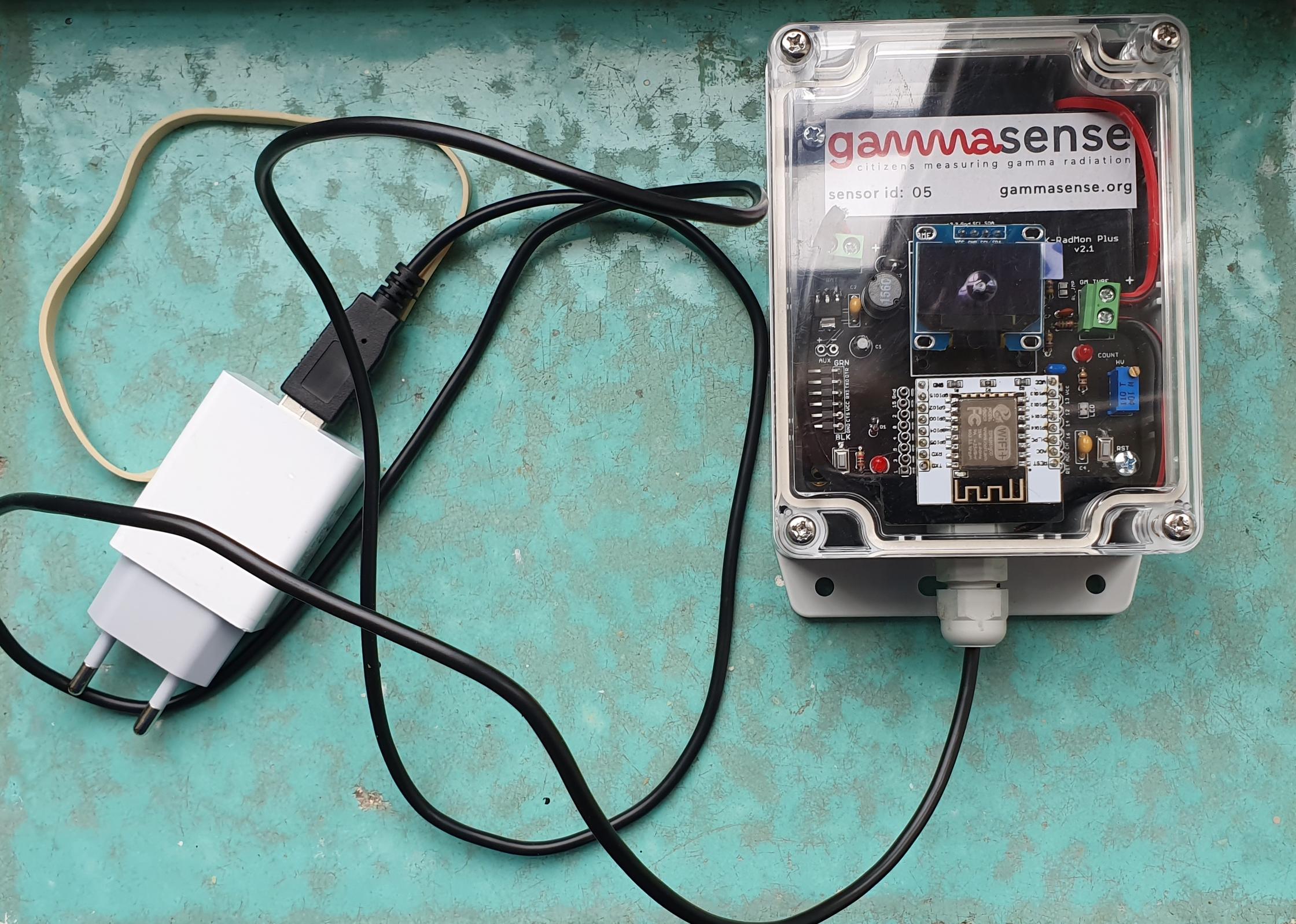Why should you measure, when there is nothing to measure? This was the central question at the third meeting in our Making Sense pilot in measuring gamma radiation. The explanation of the RIVM environmental institute brought back memories of my secondary school physics lessons. And despite my interest in the subject, many of principles behind the various aspects of radiation are incomprehensible to me.
It is obvious that radiation can be measured very well, and RIVM is certainly doing so in The Netherlands. Still, just putting a piece of black tape on my (laptop) camera can also function as a simple nuclear measurement device (gammasense.org).
What sets it apart from measuring air quality or noise pollution is the question why I should need to measure radiation myself. As long as there are no nuclear incidents, as a citizen using simple tools you would measure, well... nothing. The background radiation levels in The Netherlands are very low. Hospitals are also very conservative when it comes to using X-rays, and you are less exposed to radiation here then in many other countries.
The urgency to measure radiation yourself becomes clear when a problem emerges. And such a problem would probably directly scale to a disaster. Where air quality may gradually worsen and measures can be taken to improve the local situation, measuring radiation is more a controlling act, that has a value for activists to put the topic on the agenda. But for citizens, it is of less use to strive for a reduction of radiation in the local environment, although it can support the lobby to shut down nuclear power plants.
At the Maastricht meeting, the specialists in the field showed all the measures and detailed procedures that exist in case of an incident. Within their very precise protocols, the irregular and not-so-exact data provided by citizens' measurements would not fit, hampering the collaboration.
There is a strong case for a more detailed measurement network for radiation, as the probability of an incident somewhere in Europe in the near future is real. Radiation can have long-term effects on agriculture and livestock farming. The more we know about the spread of radiation, the better we can avoid unneccesary exposure.


